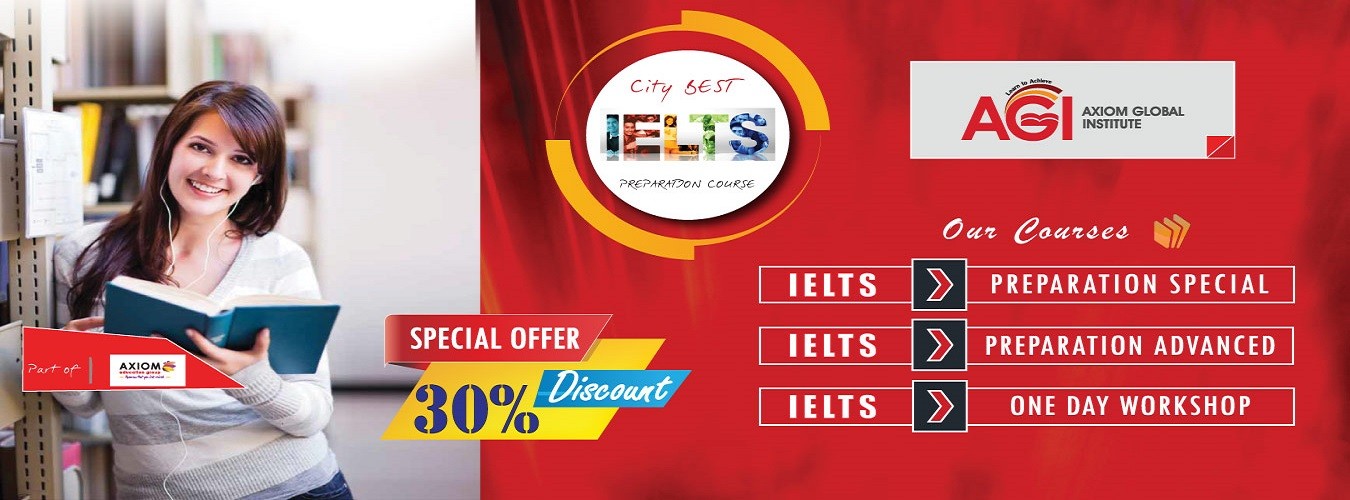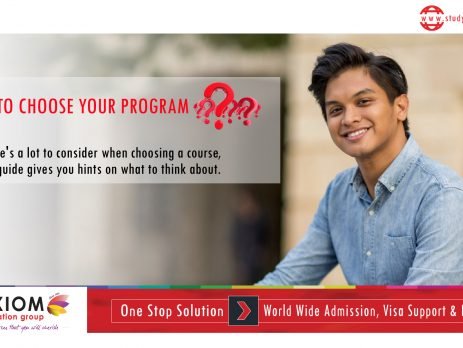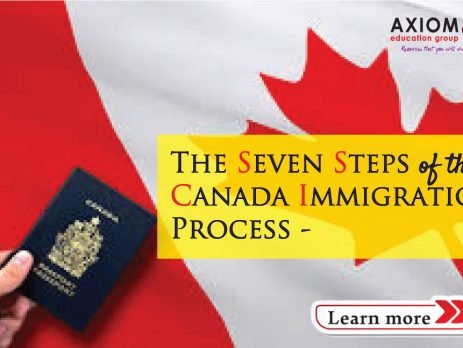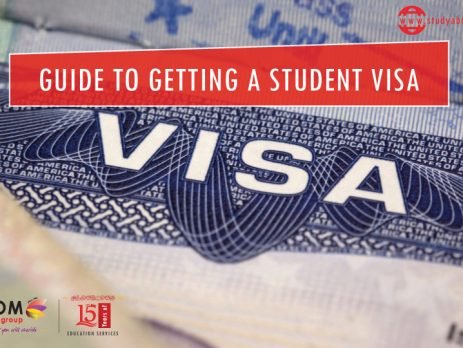 Candidates for Canadian permanent residents who are eligible for the Federal Skilled Worker Program make an expression of interest in immigrating to Canada by creating an online profile. You provide information about your skills, work experience, language ability, education, and other personal information.
Candidates for Canadian permanent residents who are eligible for the Federal Skilled Worker Program make an expression of interest in immigrating to Canada by creating an online profile. You provide information about your skills, work experience, language ability, education, and other personal information.
Once your eligibility has been confirmed by Citizenship and Immigration Canada (CIC), you are placed in a pool of candidates who are ranked according to a Comprehensive Ranking System. If a candidate does not already have a valid job offer from a Canadian employer or a provincial nomination, he or she must register with Canada’s Job Bank.
It is important that the information provided is accurate, as providing false information could disqualify an applicant from re-entering the pool for a number of years.
Guide you in submitting a strong, accurate profile as soon as possible
At the profile stage, candidates declare many of their credentials and are required to substantiate their education and language proficiency by undergoing the relevant assessments recognized by the government of Canada. A candidate must also be able to properly demonstrate to the Canadian government that he or she has sufficient settlement funds to support his or her family. Submitting an accurate Express Entry profile is particularly important, as CIC has indicated that anyone who misrepresents may be subject to a five-year ban from applying for permanent residence and from entering Canada.
Submit your profile as early as possible
The Express Entry system may become more competitive in the future as more candidates upload profiles. CIC has also indicated that job matching software between Canadian employers and candidates will not be ready until later this year and it may take some time before Canadian employers are fully engaged in Express Entry. As a result, candidates without job offers may have a better chance of being selected early on.
Get a head start on collecting and reviewing documents
If a candidate is invited to apply for Canadian permanent residence, he or she will have only 60 days to submit a complete application, including supporting documents. Extensions will not be granted. Arranging documents in advance may help applicants submit an accurate profile and a complete application if selected. Having your supporting documents ready ahead of time can also benefit you if you become eligible under any PNP.
Monitor Provincial Nominee Programs
To help our clients obtain 600 extra points under the CRS for a provincial nomination certificate, we monitor all of the PNPs and provide our clients with alerts when PNPs open. 2014 saw several provincial programs open and fill quickly. Many of the documents we guide Express Entry clients in collecting are typically required to apply under a PNP. Advanced document preparation, combined with fast alerts, helps our clients react quickly if a PNP opens for which he or she is eligible. Many provinces will have dedicated 2015 PNP streams for candidates in the Express Entry pool, several of which have already been unveiled.
Assist with job matching and your Canada Job Bank profile
Obtaining a job offer before arriving in Canada can be helpful for purposes of receiving an invitation to apply and eventually settling in Canada. We encourage and assist our clients in their Canadian job search by providing a list of up to 50 Canadian job openings in their field each month, a resume builder, and our assistance in uploading a strong and accurate Job Bank profile. Candidates may be paired with an employer through the Express Entry matching software, as well as through our resources, or on their own. If a client makes contact with a potential Canadian employer, we will, upon request, advise the employer on the process of hiring a candidate through Express Entry.
Provide ongoing evaluation and advice on improving your profile
After uploading a profile, clients can take steps to improve their ranking, which may increase their chance of receiving an invitation to apply. We provide our clients with language test preparation software, assistance in planning language tests and education assessments, and personalized one-on-one guidance with regard to his or her CRS score and Express Entry profile. For an entire year, we will help you update your profile any time your credentials improve.
 Eligible candidates in the Express Entry pool are ranked according to the Comprehensive Ranking System, which ranks eligible candidates for immigration to Canada through Express Entry under the following components:
Eligible candidates in the Express Entry pool are ranked according to the Comprehensive Ranking System, which ranks eligible candidates for immigration to Canada through Express Entry under the following components:
 core human capital factors;
core human capital factors;
 an accompanying spouse or common-law partner factors;
an accompanying spouse or common-law partner factors;
 skill transferability factors; and
skill transferability factors; and
 factors relating to a provincial nomination or a qualifying offer of arranged employment.
factors relating to a provincial nomination or a qualifying offer of arranged employment.
The highest-ranked candidates are issued invitations to apply for Canadian permanent residence when the government of Canada performs regular draws from the pool. Therefore, it is in candidates’ best interests to strive to improve their scores in order to increase their chances of receiving an invitation to apply.
 An Invitation to Apply is offered to any candidate in the Express Entry pool who has been selected to apply for immigration to Canada by Citizenship and Immigration Canada (CIC) through the Express Entry immigration selection system. Invitations to Apply are issued on a priority basis when CIC performs a draw from the Express Entry pool, which is made up of candidates who have made an expression of interest in immigrating to Canada.
An Invitation to Apply is offered to any candidate in the Express Entry pool who has been selected to apply for immigration to Canada by Citizenship and Immigration Canada (CIC) through the Express Entry immigration selection system. Invitations to Apply are issued on a priority basis when CIC performs a draw from the Express Entry pool, which is made up of candidates who have made an expression of interest in immigrating to Canada.
The original profile information will remain for 60 days after the Invitation to Apply is issued. Candidates will have this length of time to submit a complete and accurate application along with all supporting documents. The submission of the complete application is considered the acceptance.
Once all portions of the document checklist are uploaded and complete, applicants are given the option to submit an application. The option to submit is not available until after all fields are accounted for. An Acknowledgment of Receipt (AOR) will be automatically issued once the file is submitted. CIC will review the application and determine whether or not it is both complete and eligible. CIC aims to complete this process within six months of the applicant has submitted his or her application.
 All Canadian immigration applicants are required to undergo medical examinations. These examinations are intended to detect any conditions, which may affect the health of the Canadian public, or which may result in excessive demands being placed upon Canadian health or social services. The medical examination includes a standard physical examination, blood tests, urine tests, and X-Rays.
All Canadian immigration applicants are required to undergo medical examinations. These examinations are intended to detect any conditions, which may affect the health of the Canadian public, or which may result in excessive demands being placed upon Canadian health or social services. The medical examination includes a standard physical examination, blood tests, urine tests, and X-Rays.
Each medical case is analyzed individually, taking into account your full medical history. If the disease or disorder poses health risks to Canadians or places excessive demands on the Canadian health care system, it may result in medical inadmissibility.
The medical examination is given around the world by designated medical practitioners (DMP). Regardless of the Canadian Immigration Visa Office to which the application is submitted, the services of a designated medical practitioner in any part of the world may be used.
 A Canadian Immigration Visa Officer will make a detailed analysis of all the information contained in the re-application and all the supporting documents, and assess the application against the current selection criteria.
A Canadian Immigration Visa Officer will make a detailed analysis of all the information contained in the re-application and all the supporting documents, and assess the application against the current selection criteria.
We Will
 Advise you on how to prove your qualifications to the satisfaction of the Canadian Immigration Visa Officer in charge of your application, even when essential documents are difficult to obtain.
Advise you on how to prove your qualifications to the satisfaction of the Canadian Immigration Visa Officer in charge of your application, even when essential documents are difficult to obtain.
 Make further written submissions on your behalf to address any concerns that the Canadian Immigration Visa Officer may have about your application.
Make further written submissions on your behalf to address any concerns that the Canadian Immigration Visa Officer may have about your application.
 Advise you on how best to address any concerns expressed or documents requested by the Canadian Immigration Visa Officer.
Advise you on how best to address any concerns expressed or documents requested by the Canadian Immigration Visa Officer.
 Communicate, if required, with the Canadian Immigration Visa Officer in charge of assessing your file if service standards for the processing and assessment of your application are not met.
Communicate, if required, with the Canadian Immigration Visa Officer in charge of assessing your file if service standards for the processing and assessment of your application are not met.
 The Canadian Immigration Visa Office will request the Right of Permanent Resident Fee (RPRF) payment and your passport for the purpose of issuing a Canada Immigration (Permanent Resident) Visa. Note that submitting passports is no longer required if the applicant is from a Visitor Visa-exempt country.
The Canadian Immigration Visa Office will request the Right of Permanent Resident Fee (RPRF) payment and your passport for the purpose of issuing a Canada Immigration (Permanent Resident) Visa. Note that submitting passports is no longer required if the applicant is from a Visitor Visa-exempt country.
We Will
 A follow-up to ensure that your medical results have been received and that the security checks have been completed;
A follow-up to ensure that your medical results have been received and that the security checks have been completed;
 Confirm that the Canadian Immigration Visa Office has received your passport for the purpose of placing your Canada Immigration Visa inside.
Confirm that the Canadian Immigration Visa Office has received your passport for the purpose of placing your Canada Immigration Visa inside.
 Your Canada Immigration Visa will have an expiry date, by which time you and your accompanying family members must enter Canada.
Your Canada Immigration Visa will have an expiry date, by which time you and your accompanying family members must enter Canada.
We will:
 Verify that all of the information contained on your Canada Immigration Visa is accurate;
Verify that all of the information contained on your Canada Immigration Visa is accurate;
 Communicate with the Canadian Immigration Visa Office on your behalf to correct any information on your Canada Immigration Visa that is inaccurate;
Communicate with the Canadian Immigration Visa Office on your behalf to correct any information on your Canada Immigration Visa that is inaccurate;
 Provide instructions to you for your arrival at a Canadian port of entry;
Provide instructions to you for your arrival at a Canadian port of entry;
 Advise you on how to obtain a Canadian Permanent Resident Card, Social Insurance Number and Health Insurance Card;
Advise you on how to obtain a Canadian Permanent Resident Card, Social Insurance Number and Health Insurance Card;
 Advise you as to the residency obligations of Canadian permanent residents and how to qualify for Canadian citizenship.
Advise you as to the residency obligations of Canadian permanent residents and how to qualify for Canadian citizenship.

 মেজর সিলেক্ট
মেজর সিলেক্ট ব্যক্তিগত পছন্দ
ব্যক্তিগত পছন্দ কলেজ/ইউনিভার্সিটি সিলেক্ট
কলেজ/ইউনিভার্সিটি সিলেক্ট অ্যাপ্লিকেশন যোগ্যতা
অ্যাপ্লিকেশন যোগ্যতা ভর্তির আবেদন
ভর্তির আবেদন













